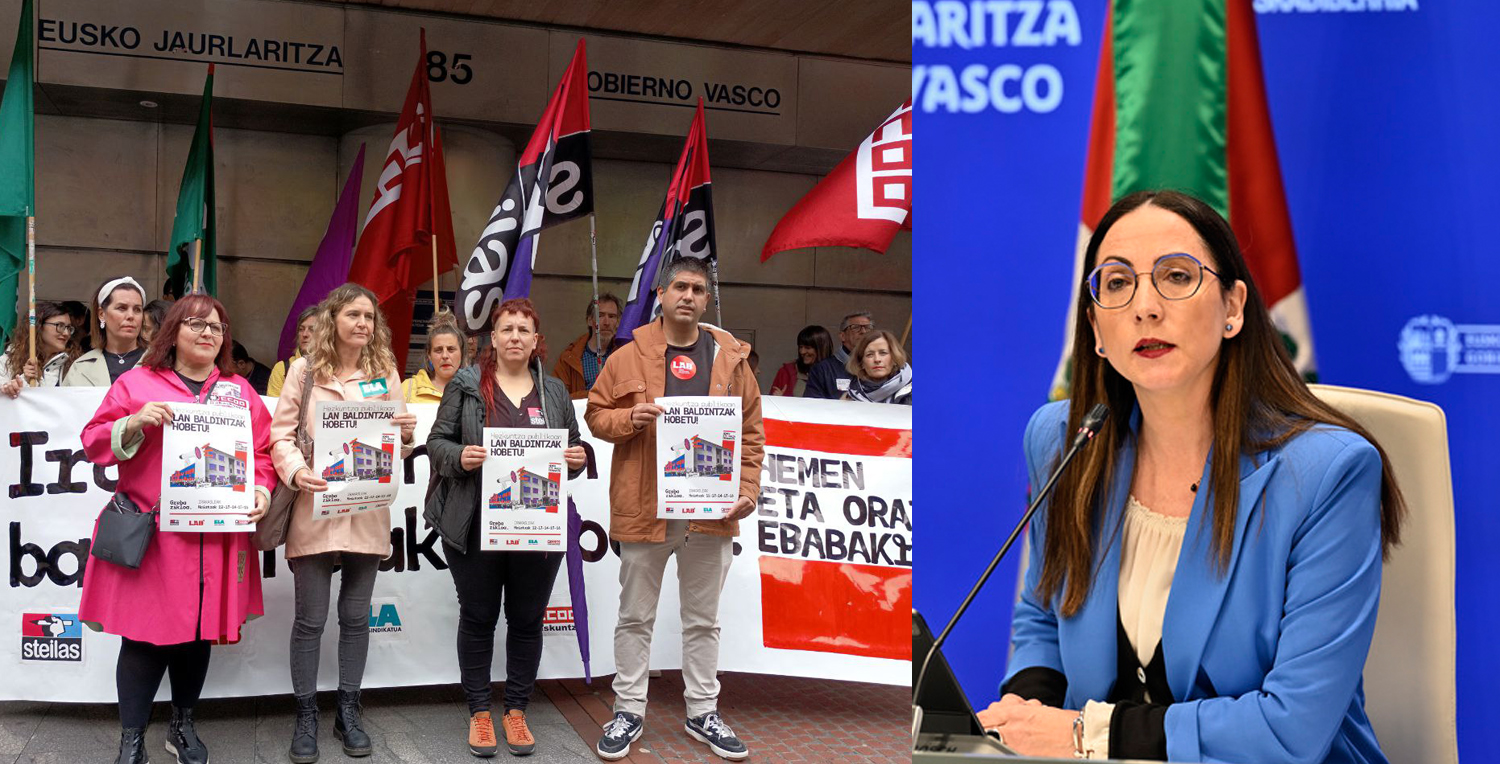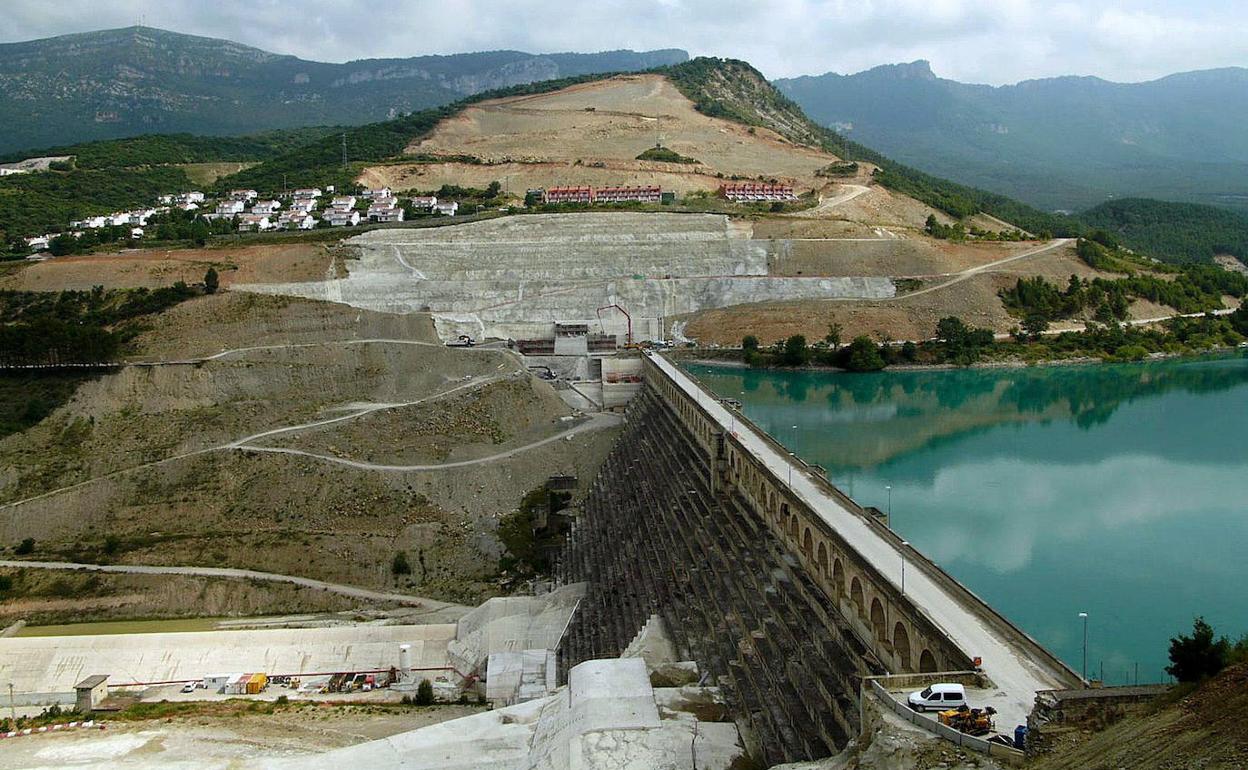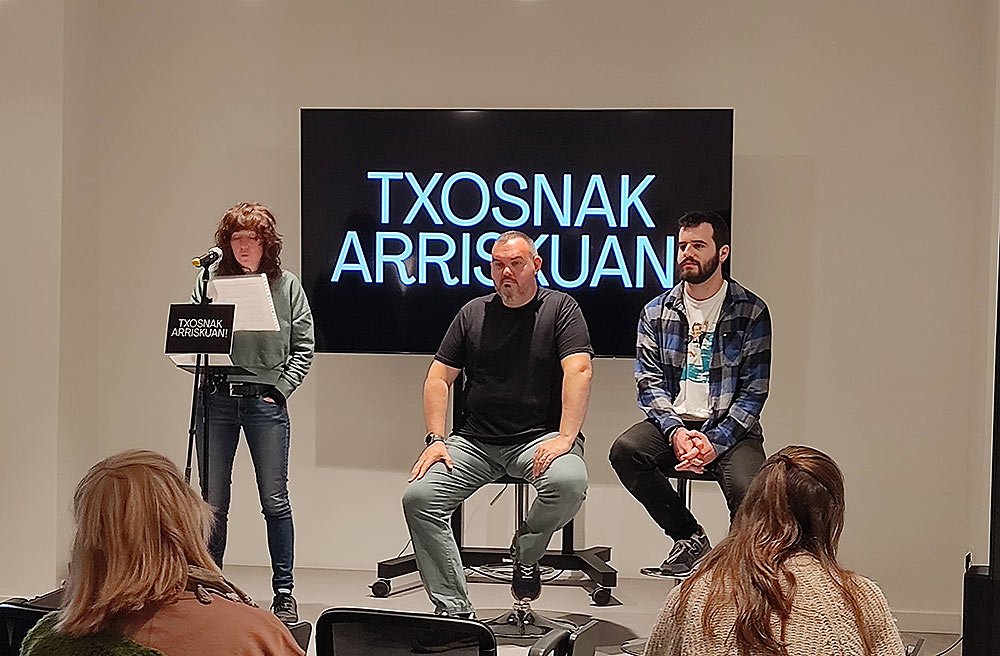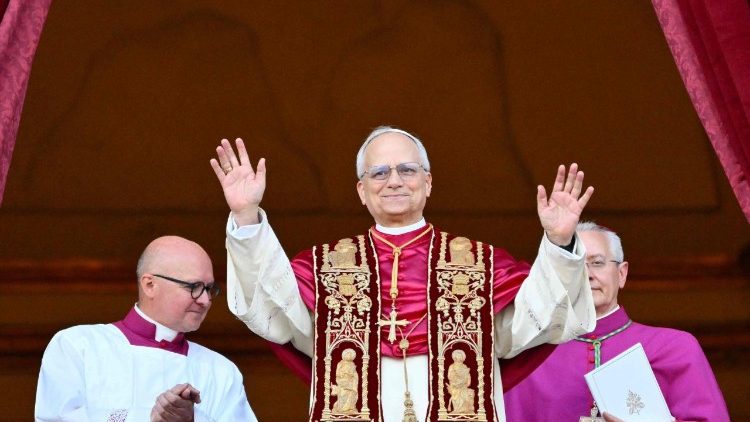Spanish from audiovisuals to monologues
- On the occasion of this party that will unite the Basques, Corredor 17 is approaching, within the framework of the Cultural Corredor they have presented several initiatives, including two novelties: Dialogues and Euskalaklip competitions.
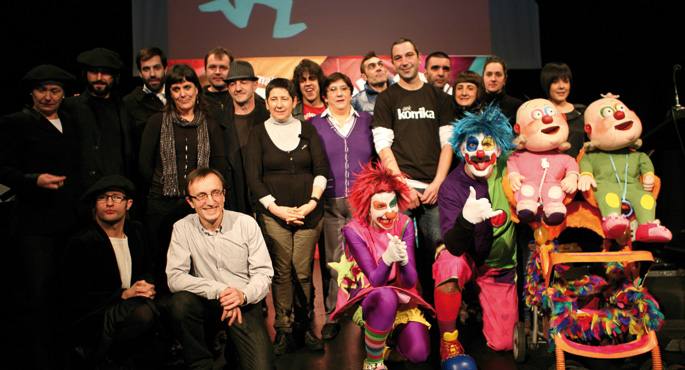
“Love, learn, Ari... I'm talking about Euskalakari!" This is the message and proposal that Corrika has chosen for this 17th edition to spread to the four winds, the organizers have presented two new projects: Basque short video contest (Euskalaklip) and monologue contest (Euskalaklip). In both cases we want to pay tribute to those who love, learn and use Basque.
The desire to spread the message of the race through non-traditional communication media led the organizers of the Cultural Run to launch the innovative video contest Euskalaklip. “Aware of the importance of video and audiovisual communication in young people, we thought it was a good idea to launch this initiative to reach people of this age range,” explains Sergio Regueiro, Cultural Run Manager. And in addition to being ideal for young people, those who dedicate themselves to audiovisual studies also have a good opportunity to show their works through the competition.
In order to be able to participate in the dialect, it is necessary to present a video of a maximum of three minutes, during which time the message of Korrika (To love, learn, Ari... To the Basque Country!) It will be explained at least once. In addition, the participants will be provided with a three-second video that must be used inevitably. “As the videos are compiled, we will be posting them on the web and people will have the opportunity to vote on the works and indicate which one they like the most.”
Although the opinion of the visitors will be taken into account, a jury made up of audiovisual professors will be responsible for communicating the name of the winner, who has declared that the most beautiful idea will be awarded. In March, the selected video will be shown not only on the Corrika website, but also on Tuenti and Vimeo. As for the prize, the winner of Euskalaklip will get a Mac computer. The award ceremony will take place on the last day of the race in San Sebastián, coinciding with the final of the Basque Language Contest.
Humor in Basque altar
In collaboration with the Basque Country Theatre Association, the Itzulia Cultural has launched its second proposal, Euskalatza – a monologue contest in Basque. “When we thought about the means to spread the word Euskalakari, we realized that in general in the Basque Country there is no monologue in Basque, and at that moment we realized that it could be a good idea to work with this theatrical format”, explains Sergio Regueiro. In fact, for the first time in Villabona, a competition of this type was launched last year, but it is only addressed in a popular format, so the organizers of Corrika considered it appropriate to promote a new field in the Basque theater. Thus, with this initiative they wanted to address the Basque culture and theater from the other side. Say it and do it; they turned to the Society of Playwrights and received a perfect response. “The collaboration with Corr is a pleasure for us, and in addition, the mission of our association has always been to promote theatricality in Basque”, confirms Idoia Gereño, secretary -coordinator of the EHAZE. It is important to elaborate and develop this format of monologue in Basque, because there is a sense of humor in Basque that says it, but we lack to cultivate it. “We often associate monologues with the American model, or at least with a model that is central to us, but we Basques also have a great sense of humor!” As an example, Wazemank has mentioned the television program, or the theatrical works Camino de Contagion, Ixabel or Ama look at you. She has shown us the need to normalize our sense of humor, because we can have fun in Basque.
Basque and theatre, theatre and Basque; this dichotomy is not new in our country, since historically theatre – mainly in the early 20th century – has been used to promote Basque. “Instead of teaching Basque technically, it was used to promote it in a more fun and easy way.”
In each Basque qualifying round, the contestants will have to carry out two tasks: to begin with, they will show a previously prepared free-topic monologue session in a maximum of eight minutes, and in the second task, they will have to work on the word Euskalakari. Each participant will have a maximum of five minutes to complete this final test. However, the format of representation in both will be completely free, depending on one’s creative work.
As Sergio Regueiro pointed out, the aim of these two exercises will be to select the best dialect, the one who uses the Basque language in the most competent way. In fact, monologue is a means of demonstrating the ability to speak Basque, and this ability will be one of the aspects that will be considered by the jury made up of members of the Theatre Society. They will consider the level of Basque: if it is a good Basque, if it is adapted to the texture and context... They will also consider the text itself to value originality, creativity and content. Finally, the moment of performance or performance will also have its weight. In any case, they will take into account the reaction of the spectators, because it is a good meter to evaluate each monologue. In this regard, Gereño points out that judges are also spectators, so if the spectator enjoys it, the judges will also enjoy it and vice versa. Having said that, he added that judges should also focus on other aspects. In each territory there will be two judges, but in addition to them, a member will be present in all the performances, with the intention of using similar criteria.
Sessions colored by dialects
Sergio Regueiro and Idoia Gereño highlight that one of the most beautiful aspects of these monologues in Basque is the presence of dialects. “One of the main reasons for the territorial expulsions was the use of dialects.” On the last day of the race (April 17), the final of the Basque Country will be held at the Teatro Principal in Donostia-San Sebastián, to which the qualified of each territory will arrive. So on that day you will be able to hear all kinds of dialects on the board.
The best dialect gets a trip to the Caribbean for two people, while the winner of the territorial expulsion gets the chance to spend the weekend in a country house. For Idoia Gereño, the initiative is ideal not only for people from the theatre world, but also for students from Basque language schools. “It is true that they demand to have a certain level of Basque, but this profile of people is very familiar with the challenges of these types of tanks because it is part of their daily lives.” In any case, anyone who, loving the Basque language, makes efforts to learn and improve the Basque language will be welcomed in Euskalaklip and Euskaleka.
BRN + Neighborhood and Sain Mountain + Odei + Monsieur le crepe and Muxker
What: The harvest party.
When: May 2nd.
In which: In the Bilborock Room.
---------------------------------------------------------
The seeds sown need water, light and time to germinate. Nature has... [+]











